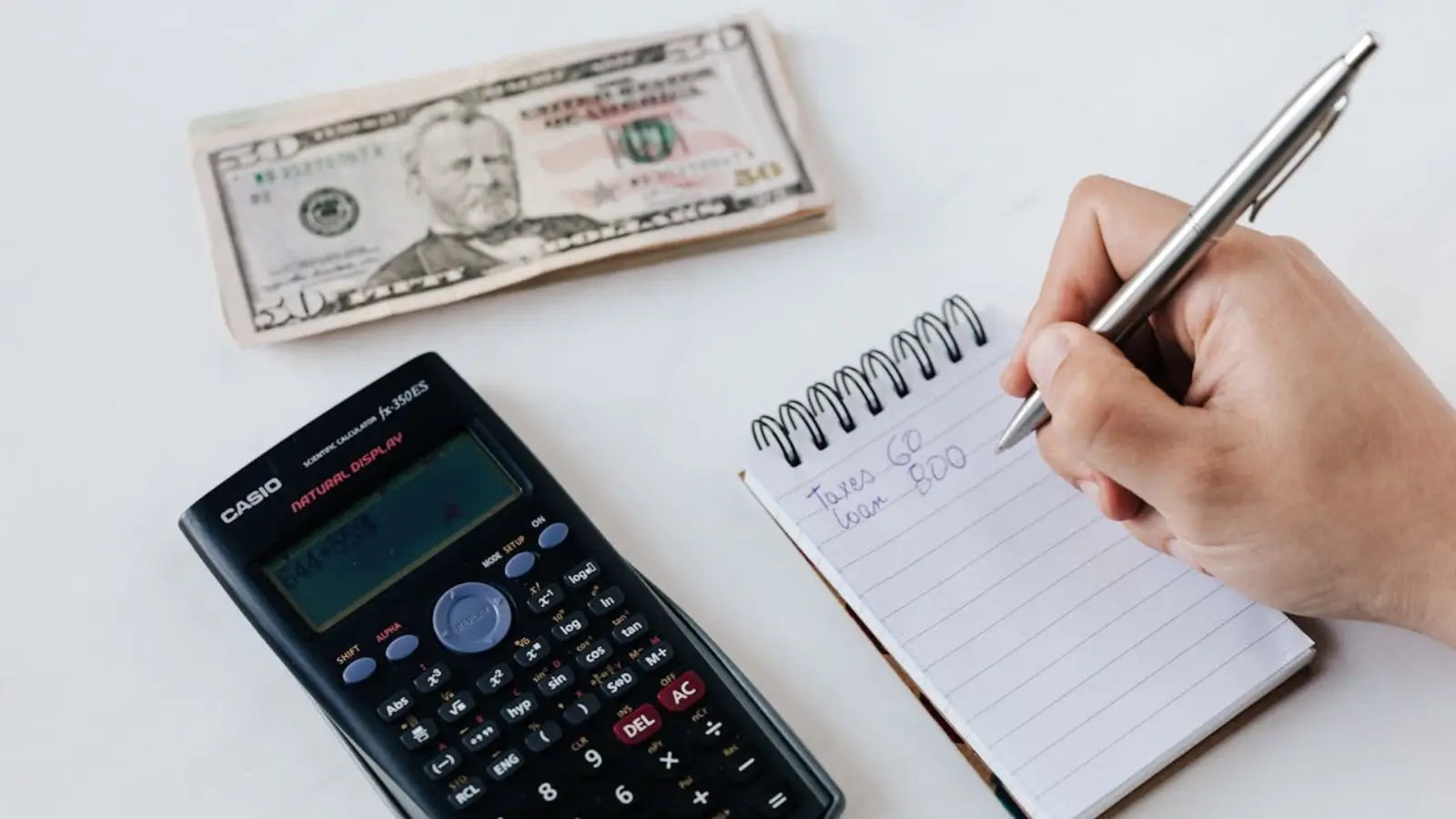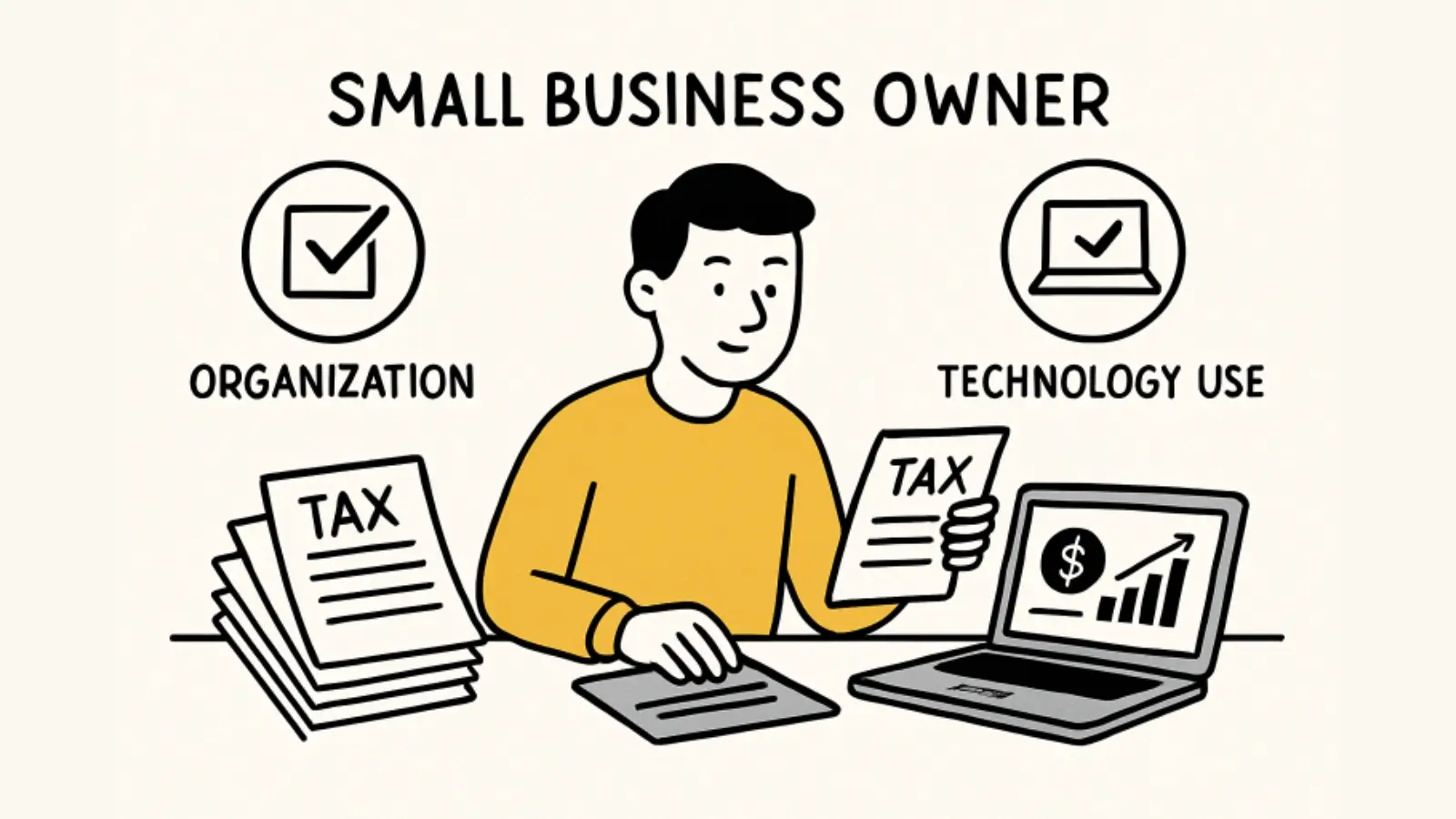Have you ever found yourself gravitating toward information that supports what you already believe, while ignoring ideas that don’t? That’s confirmation bias, and it’s something we all deal with—yes, even you, the person reading this thinking, “Not me!” No one is immune, not even the most logical thinkers.
But don’t worry; I’m not here to accuse you. The goal of this post is to help you recognize and tackle confirmation bias with practical strategies that can transform your thinking. Whether you’re evaluating data for a work project, judging Grandma’s theory about garlic curing everything, or using tools like Magnumator 2.0 to analyze your own reasoning patterns, these tips will help keep your mind sharper and your decisions better informed.
Develop Self-Awareness With Mindfulness
The first step toward tackling confirmation bias is recognizing it’s happening—and that requires a little self-awareness.
Mindfulness Practices for Spotting Bias
Mindfulness isn’t just about breathing exercises. It’s about creating a mental pause before jumping to conclusions. When you’re about to dismiss a piece of information or wholeheartedly accept one, ask yourself a simple question: "Am I favoring this idea because it aligns with what I already believe?"
Some practical tips include:
-
Practicing a 10-second pause before reacting to new information.
-
Journaling your thoughts when you come across questionable claims. Writing things out often reveals biases lurking beneath the surface.
-
Talking out loud to explain your thinking to someone else—even if that “someone else” is your dog. Trust me, the dog won’t judge you.
You don’t have to become a meditation guru to benefit from mindfulness. It’s more about training your brain to be a touch more critical of itself in the best way.
Reflect Regularly on Your Beliefs
Take time once in a while to write down your most strongly held beliefs, and then ask yourself how you reached them. Did they come from a mentor, a book, a bunch of Facebook memes? Reflecting on these origins doesn’t mean you have to change everything you believe, but it might highlight why you cling more tightly to certain ideas. Who knows—you might even uncover some irrational fears (Spiders? Clowns? Cold coffee?).
Open Your Mind To Different Perspectives
Whenever you engage with someone who has an entirely opposite point of view, do you secretly tune out and focus on how wrong they are? Be honest—most of us do. But leaning into differing perspectives is key to reducing confirmation bias.
Go Looking For the "Other Side"
Seek out reputable sources that challenge your opinions. If you swear by works from one news outlet, actively read from another. Don’t just skim articles hunting for the ridiculous bits to post as “proof.” Instead, try to really understand the perspective behind them.
Better yet, talk directly to someone with a different opinion. Ask questions like:
-
“What made you think this way?”
-
“Can you point me to something that shaped your view?”
-
“Do you know that pineapple on pizza might still be controversial, but it’s scientifically delicious?” (This one might be optional.)
When you’re genuinely curious about other views, people tend to open up. You’ll either learn something new or at least confirm why your opinion has merit.
Take Part in Healthy Debates
Surround yourself with people who respectfully challenge your thinking. It’s no fun always being the smartest person in the room, but it’s also not about losing arguments. It’s about broadening your lens. Next time someone offers a counterpoint, instead of defensively snapping back, try replying, “Hmm, I never thought of it that way—tell me more.”
(And then grab your popcorn because the conversation’s about to get interesting.)
Use Analytical Techniques To Cut Through Bias
Now, this part isn’t about becoming a math genius (though, hey, good for you if numbers are your thing). It’s about leveraging strategies to analyze your thoughts objectively and avoid falling victim to faulty logic.
Ask Questions Like Socrates
The Socratic method isn’t just a fancy philosophy technique from ancient Greece—it’s a killer way to break down bias. Ask questions like:
-
“What evidence supports my belief?”
-
“What might disprove it?”
-
“Am I relying on assumptions instead of facts here?”
By questioning yourselves or others in this systematic way, you'll likely arrive at a more rational conclusion.
Feel silly asking to yourself? Picture it this way—Socrates questioned people all the time, and nobody called him annoying (to his face, at least). Be brave; ask away.
Test Decisions Using Frameworks
Before you jump to conclusions or make big decisions, use processes like pros-and-cons lists (yes, they’re still cool), or scoring systems where you assess potential outcomes numerically. Seeing choices on paper can sometimes slap common sense right in our faces. Who wouldn’t want that?
Last Thoughts on Overcoming Bias
The truth about confirmation bias is—you’re never going to fully eliminate it. But that’s okay. The point isn’t to be bias-free but to approach life with just enough self-awareness to ask, “Am I putting blinders on?”
When life’s big decisions roll around, try out the mindfulness practices, curiosity-driven questions, or even the journal suggestions from above. If you want further insight, there’s no harm in reaching out to an expert who focuses on objective advising for major choices.
Bias won’t keep you in its grip if you make the effort to think a little broader and ask a little more often, “Why do I believe this?”

















